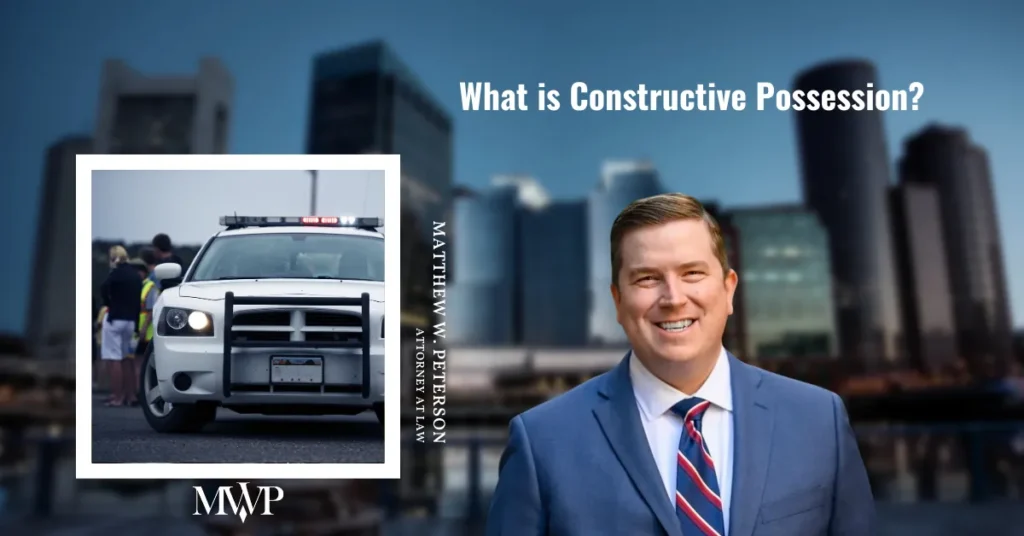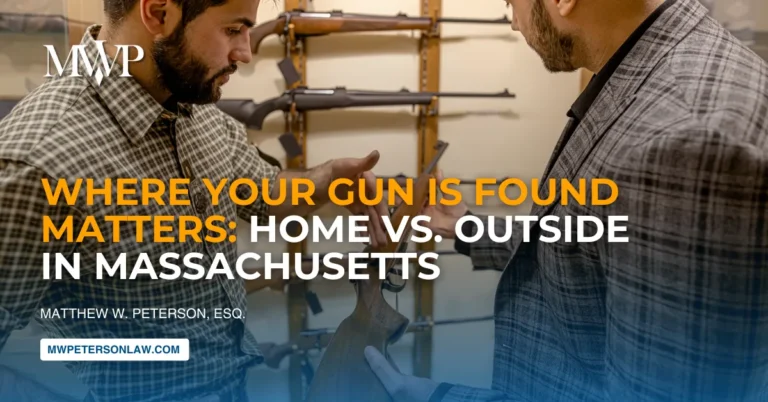Understanding Constructive Possessions
Constructive possessions is a legal concept that allows individuals to be charged with possession of an item even if it is not physically on their person. This means that if illegal items are found in your home or under the seat of your car, you can still face charges. The determination of constructive possession often falls to a jury, which assesses whether you had the ability and intent to control the item in question.
Key Aspects of Constructive Possession
Mere Presence is Insufficient
Simply being present where an item is found does not equate to constructive possession. The prosecution must provide evidence that you were aware of the item’s presence and could control it.
Knowledge and Control
For constructive possession to be established, it must be proven that you knew about the item and could exercise control over it. If the item was hidden or located in a vehicle or property not owned by you, this weakens the prosecution’s case.
Legal Implications
Charges stemming from constructive possessions can lead to serious consequences, including fines, probation, or even incarceration, depending on the nature of the offense.
Why You Need a Skilled Attorney
If you find yourself facing charges related to constructive possessions, it is crucial to have a Criminal Defense attorney in Boston MA who understands these complexities. At the Law Office of Matthew Peterson, we are committed to providing robust legal defense strategies tailored to your unique situation. Our experienced team will work diligently to protect your rights and strive for the best possible outcome in your case.
Contact Us Today
Don’t navigate this challenging situation alone. Contact us the Law Office of Matthew W. Peterson at (617) 295-7500 for a consultation and let us help you defend your rights.











